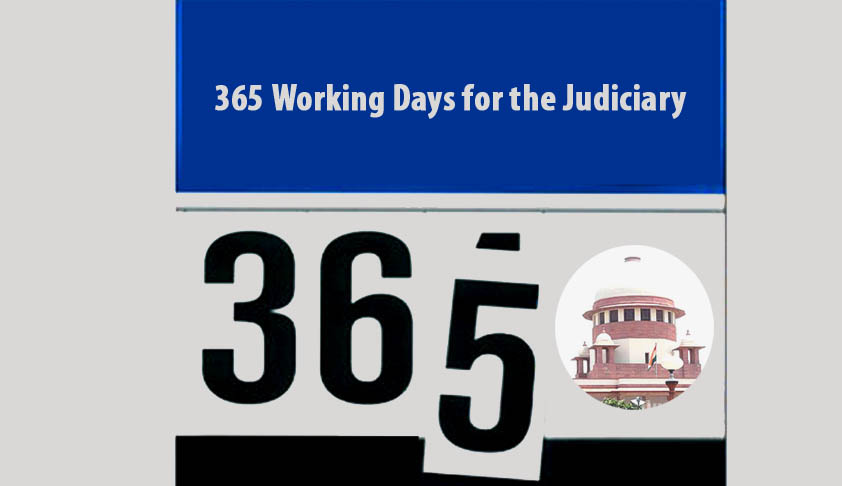365 Days a Year- Proposal Rejected by Supreme Court Bar Association
Apoorva Mandhani
8 Jun 2014 3:22 PM IST

Next Story
8 Jun 2014 3:22 PM IST
In a major setback to CJI R.M. Lodha’s proposal of a speedy and free justice delivery system, which works “365 days a year”, the suggestion has been rejected by the Supreme Court Bar Association as well. It has reportedly suggested that the Supreme Court collegium must fill the large number of vacant judicial posts. But the association added that “if necessary, working hours of all...
